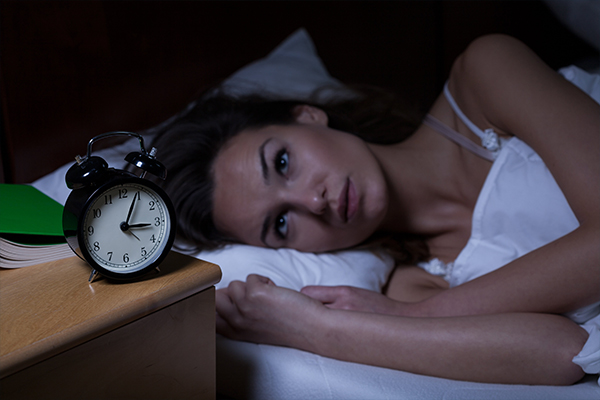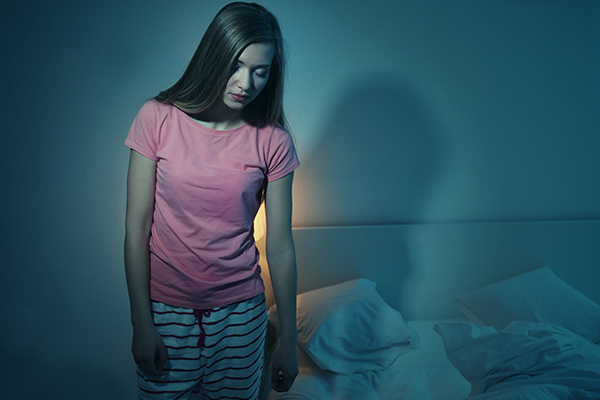
You wouldn’t try to bake a cake without preheating the oven or jump into an intense workout without a warmup, so why go to bed without taking steps to adequately prepare yourself for restful, productive sleep? If you want to drift off to dreamland and get the most out of those (hopefully) eight blissful hours– try incorporating these ways to wind down before bed into your bedtime rituals.
Establish a Nightly Routine
Did you know that disruptions to your daily routine can affect the quality and duration of your sleep at night? What does getting ready for bed entail for you? Maybe you run through your skincare routine, read a little bit, or go through a guided meditation. Establishing a routine with patterns that help signal to the brain that it’s bedtime, can go a long way. Another great tip is to set a bedtime for yourself, and do your best to stick to it. We are creatures of habit, and our bodies respond well to healthy patterns we set for ourselves.
Really, the importance of a bedtime routine goes all the way back to childhood. Parents can attest that consistent bedtime routines have the power to relieve cranky infants, often helping children to fall asleep faster and wake up less often throughout the night.
Don’t Stare at the Clock
Believe it or not, obsessing about the time is not going to be a productive catalyst for great sleep. It’s best to turn your alarm clock away from you, or turn the brightness way down on your phone when you’re in bed, so you aren’t tempted to watch the time tick by.

Focus on Your Breath
If you’re trying to get to sleep, but you’re feeling anxious or having a hard time relaxing, try some simple breathing exercises. Just a few minutes of slow, intentional breathing can work wonders for calming the mind and body. This is a great technique to employ in all sorts of scenarios, but can also be particularly helpful in winding down for bed. Ready to try it? Check out these simple breathing techniques for sleep.
Take a Warm Bath
Your body begins to produce melatonin in the evening to help prepare you for sleep. This is a part of the body’s hormonal changes that work with your sleep-wake cycle, and as melatonin production begins, your core body temperature begins to drop. For this reason, sometimes mimicking a nighttime drop in body temp with a warm soak in the tub can trigger the brain’s message that signals it’s time for sleep. Baths are also notoriously relaxing, and an excellent way to unwind before bed.
Prep Your Bedroom
If you want to achieve restful and productive sleep, it helps to set yourself up for success. Prepare your bedroom to be the best possible environment for great sleep by removing clutter that can cause stress, keep it cool and dark, and ensure your bedding is comfortable and supportive.
Having the right setup is an imperative component of getting great sleep. Do you have the best possible bed and mattress combo for you? Great bedding? The right pillows? Check out our customizable adjustable beds by Flexabed if it’s time for an upgrade in that department.
These ways to wind down before bed can help you find a good nighttime rhythm that promotes better sleep on an ongoing basis. Figuring out a routine that works best for you, and tailoring it to your personal needs and preferences can make all the difference. We know once you get into the right bedtime habits, you’ll be so glad you did. Cheers to consistency, great sleep, and sweet dreams– especially in a Flexabed!

